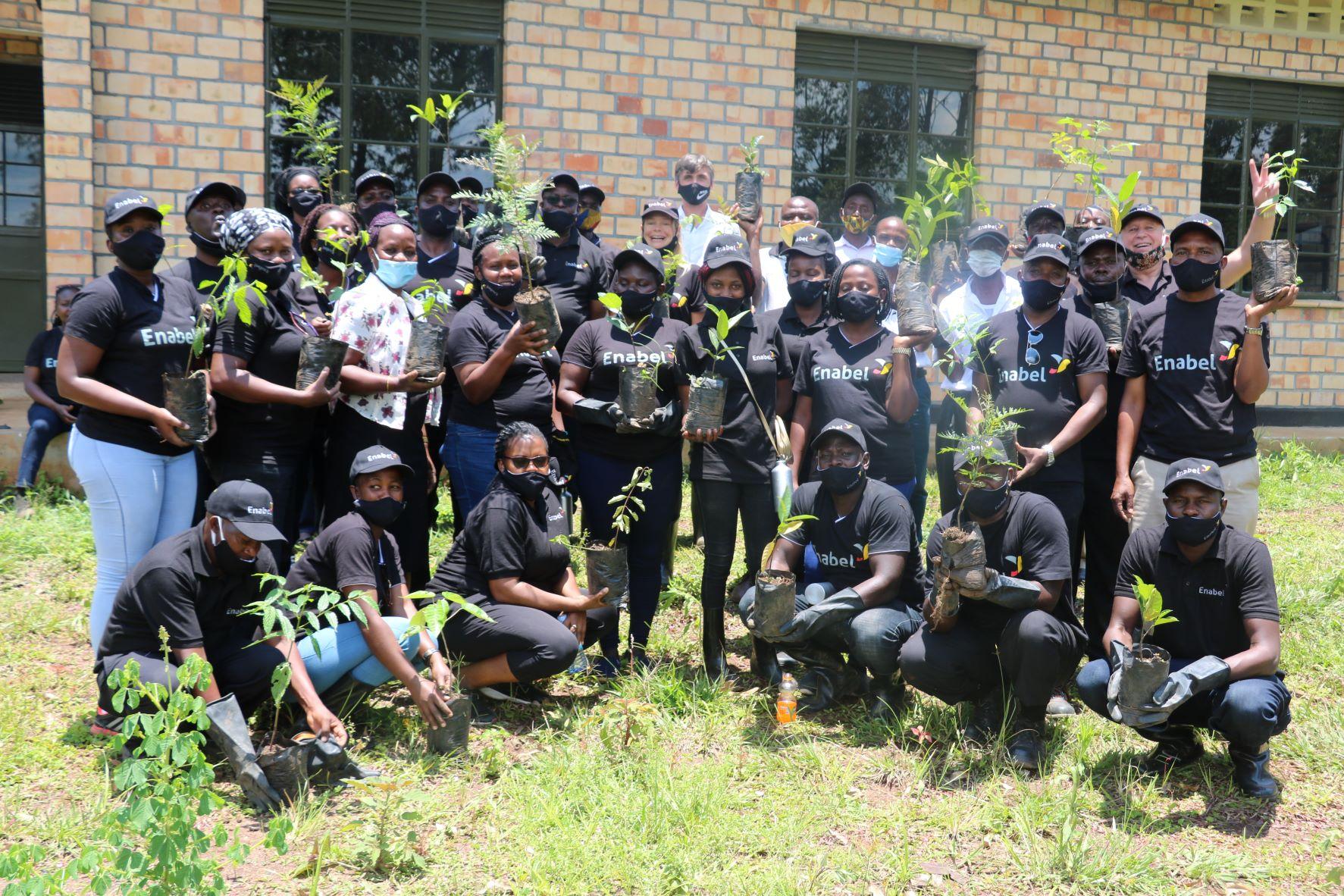Our planet, our health – accepting the interconnectedness
Understanding our health today
calls for appreciating the interaction of human activities with our physical
environment, meaning there is a thin connection between health, environment
(pollution, deforestation, climate change and globalisation. In fact, human
actions of pollution, deforestation and globalisation have become a serious
threat to our health and our wellbeing.
Today the most common illnesses affecting
child mortality (malaria, diarrhea respiratory infections and malnutrition)
are caused by the lack of a clean environment, clean water, clean air, enough uncontaminated
nutritious food and human actions.
Relatedly, the high prevalence of
non-communicable and chronic diseases among middle aged population (cancer,
heart diseases, mental health) are also related to the environment.
Safeguarding environmental
damage, a prerequisite to good health and well-being
Preventing, limiting and managing
environmental damage is the best option of protecting individuals and the
population against advance consequences/negative impacts of environment
vulnerability.
Today government and
developmental institutions/agencies have realised the interconnectedness of a
clean environment to good health and therefore are devising mitigation measures
to reducing and reversing its impact.
I have seen institutions through
their workforce engage in clean days or tree planting. This is meant to show
that everything we do at the end has a link with our health. When we plant
trees, we have clean fresh air free of diseases, we receive interrupted
rainfall which enables us plant our crops, our food on time. And when we have
enough, nutritious food, there is a likelihood, we will not have malnutrition,
we will have less people falling sick and thus a healthy population.
A healthy population at peace with its environment is a healthy
population.
Let us strive maintain a healthy
environment for an enhanced quality of life, by creating safer conditions
around our homes and our work places.
Let the population access the
needed health care services by removing barriers and disparities of inadequate
infrastructure, unavailable essential medicine and supplies and the unmotivated
health work force that impede the poor from accessing quality health service.
Laatste nieuws van dit project
Geen nieuws

